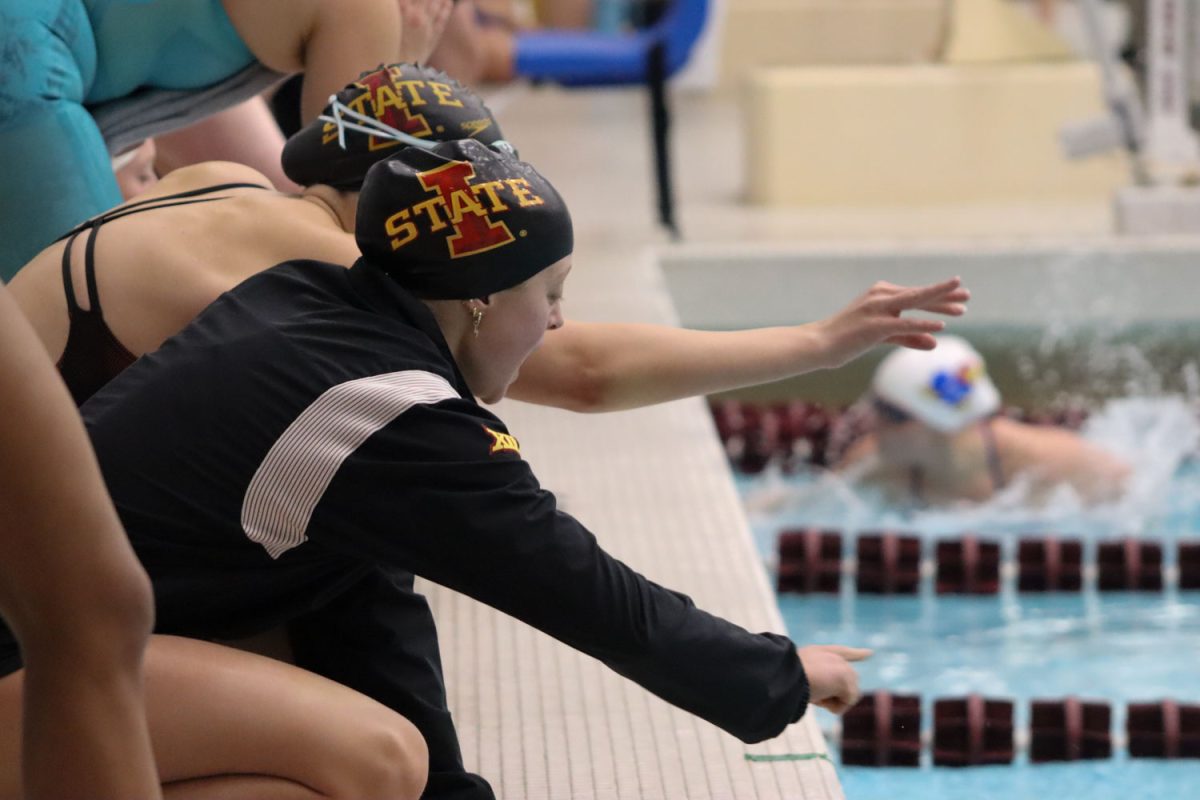Life may be short, but at least you’re not a fish
November 12, 1998
Every day, at least once, someone tells me how terrible his life is. It drives me crazy how people complain about having nothing to do on the weekend, or how they hate the cold weather, or how they just can’t wait to get out of school.
I know most of us are young and don’t think about the future very much, but a quarter of our lives is over.
We’ve got about another 60 years left to live, and then we’re dead. I don’t care what religion you believe in, death is imminent. (And if you think your soul might come back as a fruit bat or something, you still won’t remember your former life, so this still applies.)
And when it’s all done and over with, will you be able to look back and say that you lived a good life?
If you spent your life waiting for the next week or worrying about your hair, I would say no.
There should be at least one moment in each day that you can look back on and say, “I wouldn’t give that up for anything.”
And if you still think your life is hell, just think about others who have it worse off than you do, like fish.
In my opinion, fish lead a terrible life. Swimming, eating, seeing some cool algae, then swimming some more — talk about boring.
Want to take your cool-blooded girlie on a wild Friday night date?
If you’re lucky, you might show her a new rock that some little brat threw in the lake, or possibly the floating carcass of your high school bud. Nothing too exciting.
And to top it off, every fish is naked: pretty much killing the chances of the less-endowed individuals.
Of course, every second you have to worry about being eaten.
Every time you meet someone there’s the chance you might not be walking away. Just imagine strolling around campus, knowing each student could at any second leap forth and devour you.
Kind of puts a strain on the social life. Surprise parties take on a whole new meaning.
And the worst part is that sometimes parents eat their children. “Hey, Mom. I’m back for Thanksgiving, and I brought my laundry … Oh No! Ahhhhh! (gulp).”
Even everyday mundane tasks are complicated for fish.
Let’s say you simply want to go to your fish development class on the third floor of Bessey Hall. If you survive the journey, there’s the worry that just by climbing the stairs the pressure in your air bladder will exceed the lowering outside pressure and cause you to explode on the second floor.
Certain fish, such as mackerel and tuna, have to swim constantly or they suffocate, which would cause quite the disturbance in class — and the never getting to sleep would have to be detrimental to grades.
And good luck dropping out; fish are stuck in schools for their entire lives.
Don’t even get me started on lunch.
You walk into food service, and because fish don’t have very good voluntary control of their eating habits, you keep eating corn dogs until you die.
OK, it can’t all be bad, right?
Let’s say that you’ve figured out how to live happily as a fish and have found true love. (Hopefully not a long-distance relationship; those fresh-water/salt-water issues can be a relationship killer.)
Living in a nice hole in the mud, you and your lovely spouse decide to start a family.
As most of us know, one child can be a financial burden on a family.
A hundred children are just that much more. And the parents can’t get second jobs to help raise their children since fish can’t have jobs in the first place.
It’s amazing some fish turn out as good as they do.
And that’s just the beginning of the fish’s lament. I didn’t even get into the lack of opposable thumbs or absence of binocular vision.
When I think about what fish have to go through every day, I am so thankful for the life that I’ve been given, and I don’t want to waste a second of it complaining about what I don’t have.
Of course, life isn’t perfect — no one said it would be.
Instead of grumbling about what you want, take the time to enjoy what you have.
We’ve got it so much better than fish do, and I’ve never heard them complain.
Michael Dahlstrom is a junior in journalism and mass communication from Ankeny.






